Practise rewriting, comparing and evaluating expressions with exponents with this set of task cards.
Evaluating Expressions with Exponents (And More!)
Are your students starting to work with exponents for the first time? If this is your first time teaching this concept (or maybe it has been a few years), we have all the details you need to help your planning a breeze.
An exponent, also known as a power, is a mathematical notation used to represent the number of times a number, called the base, is multiplied by itself. For example, if the base is 2 and the exponent is 3, this is written as 23 and represents 2 multiplied by itself 3 times, which equals 8.
Teach Starter has created a set of 24 task cards to use with your year 7 students as they are learning how to work with bases and powers.
With these task cards, students will practice answering the following:
- Rewriting expressions with exponents
- Evaluating exponential expressions
- Determining an unknown exponent/base
- Comparing expressions with exponents
This resource is intended to provide practise in solving exponential expressions in a variety of question types.
Tips for Differentiation + Scaffolding
A team of dedicated, experienced educators created this resource to support your maths lessons.
In addition to individual student work time, use this set of task cards to enhance learning through guided maths groups, whole class lessons or remote learning assignments.
If you have a mixture of above and below-level learners, check out these suggestions for keeping students on track with the concepts:
🆘 Support Struggling Students
To support students, provide completed examples and notes, including required terminology for this unit, such as base, exponent, cubed and squared. Allow for calculator use to check answers and work with peer tutors or one-on-one with a teacher. Remove task cards to reduce the length of the assignment.
➕ Challenge Fast Finishers
To enrich students, ask questions about exponents requiring deeper thinking, such as: ‘Can a perfect square number ever be prime?’
‘What is the smallest product you can get when cubing a number?’ ‘What would be the result if the exponent was zero? or 1?’
‘Create as many exponential expressions as you can that equal exactly __ (give different students/groups different target numbers)?’
🛴 Scoot Activity
Place the cards around the room in numerical order and give each student a recording sheet. Assign students or pairs to a starting point card. Give students time to review the card and record their answer in the corresponding space on their paper. Students will rotate to the next card when you say, “SCOOT!” Continue in this manner until students return to their starting point.
👋 Exit Ticket
Use these cards as a formative assessment after your lesson. Pick a random assortment of cards and project them on the board for the whole class to see. Students can record their answers on a sheet of paper, sticky note, or their notebook.
Easily Prepare This Resource for Your Students
Use the dropdown icon on the Download button to choose between the PDF or editable Google Slides version of this resource. A recording sheet and answer key are also included with this download.
Print on cardboard for added durability and longevity. Place all pieces in a folder or large envelope for easy access.
To keep the task cards out of pockets or under desks, punch a hole in the corner of each to place them on a binder ring.
Sustainability Tip: Print a few recording sheets on cardboard and slip them into dry-erase sleeves. Students can record their answers with a whiteboard marker, then erase and reuse them.
This resource was created by Lorin Davies, a Teach Starter Collaborator.
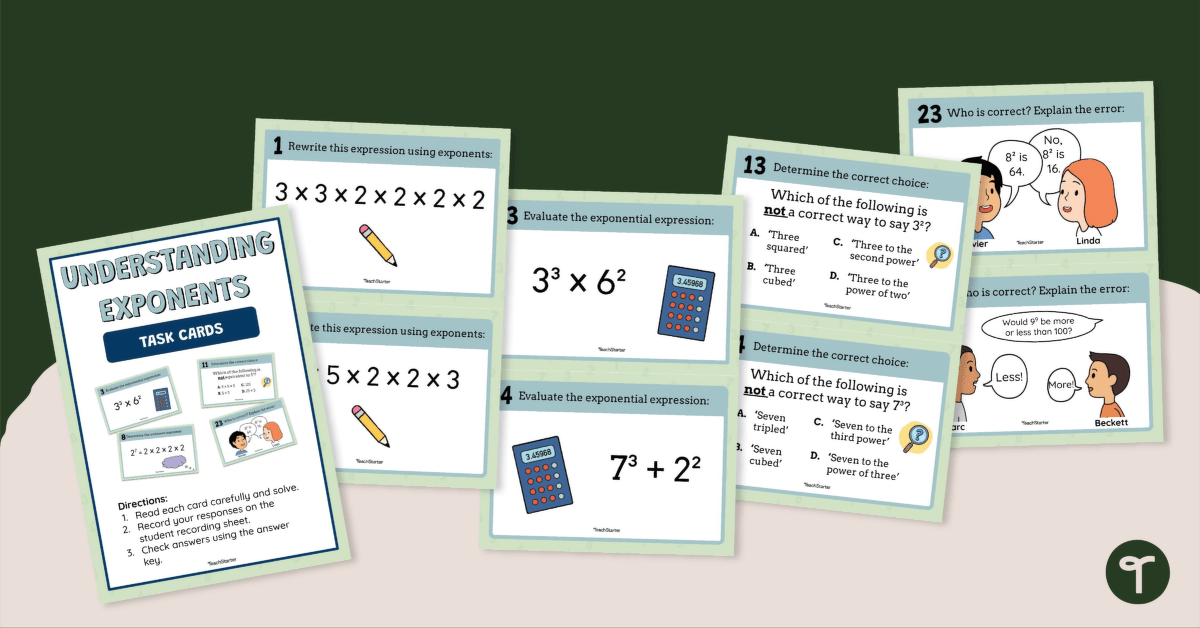

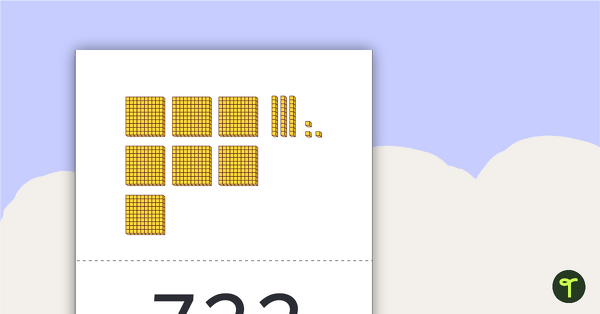
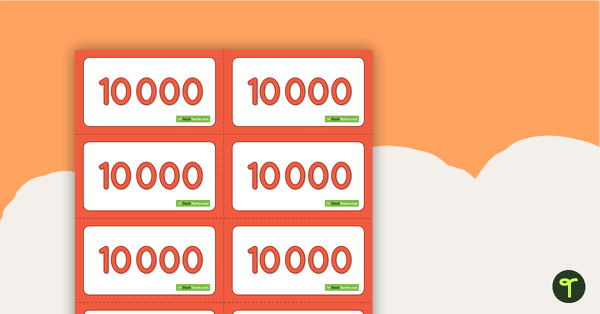
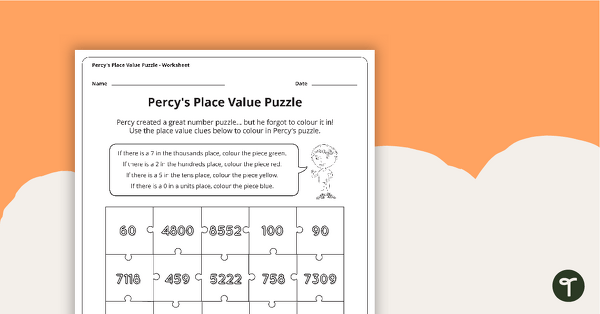
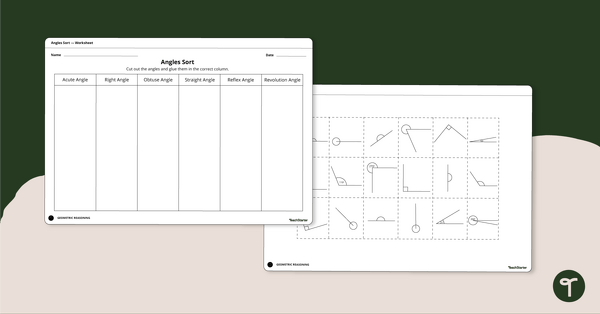


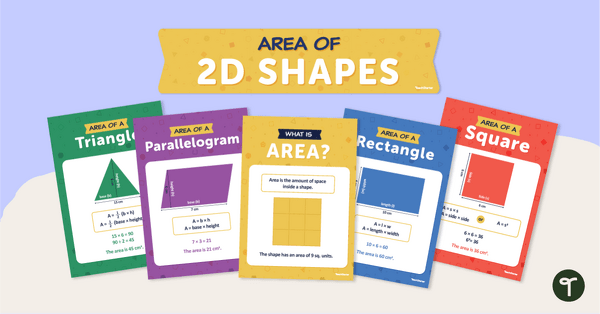
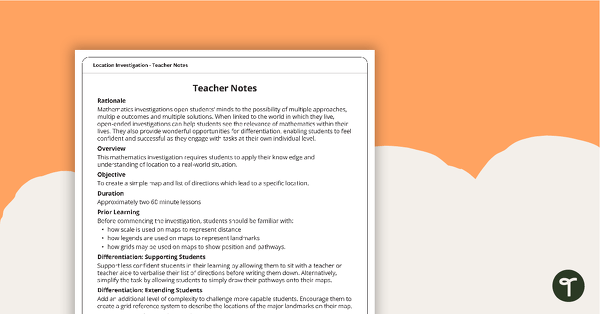
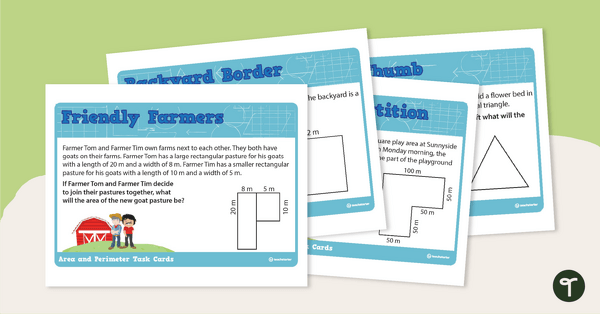
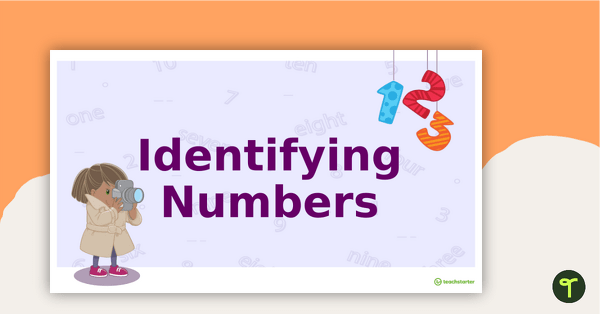
0 Comments
Write a review to help other teachers and parents like yourself. If you'd like to request a change to this resource, or report an error, select the corresponding tab above.